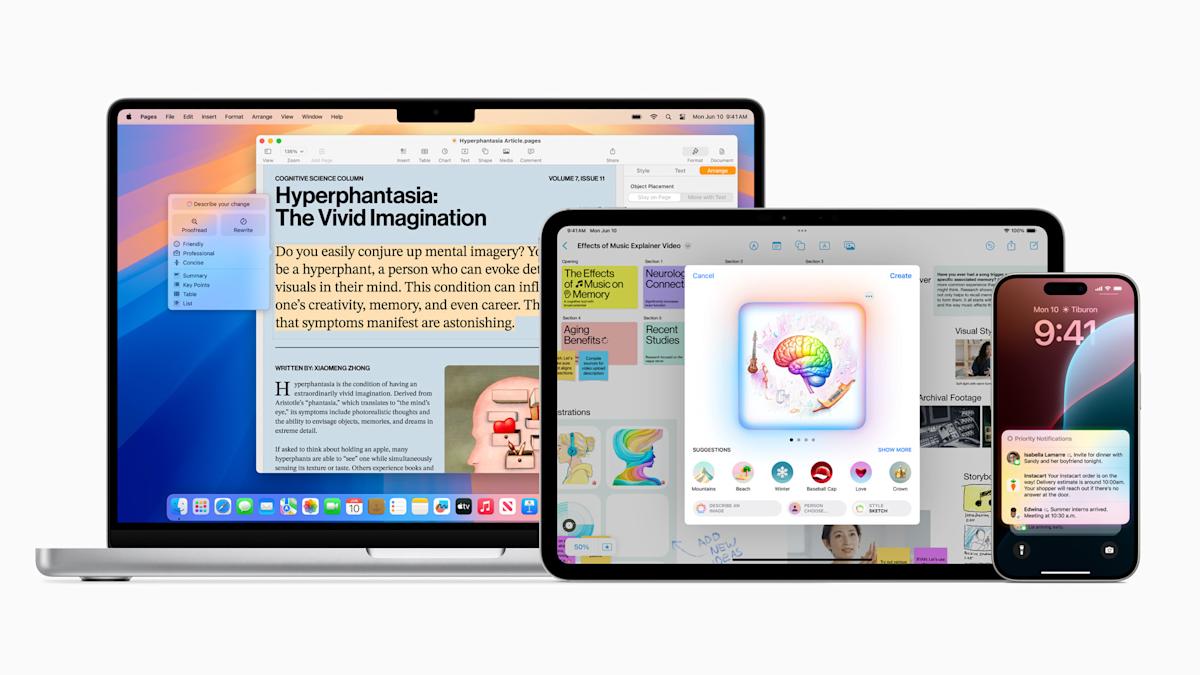Apple Faces New Class Action Over Alleged Copyright Infringement in AI Training

Key Points
- Apple is sued by two SUNY Downstate neuroscience professors for alleged unauthorized use of their copyrighted works in AI training.
- The complaint claims Apple accessed the material via "shadow libraries" and web‑crawling software that harvests pirated books.
- This lawsuit follows a prior class action alleging similar copyright infringement by Apple.
- OpenAI is also facing comparable copyright lawsuits related to its AI models.
- Anthropic settled a related class action by paying $1.5 billion to 500,000 authors.
- The cases highlight a broader industry conflict between AI development practices and copyright law.
- Outcomes may influence future licensing requirements and legal standards for AI data collection.
Apple is confronting a proposed class action lawsuit that alleges the company used copyrighted works without permission to train its artificial intelligence models. Two neuroscience professors from SUNY Downstate Health Sciences University claim Apple accessed their registered works through "shadow libraries" and web‑crawling tools. The filing follows a prior suit by a different pair of authors and comes amid a wave of similar actions against other tech firms, including OpenAI. The case highlights growing legal challenges surrounding AI training data and copyright law.
Background of the Lawsuit
Apple has become the target of a new proposed class action lawsuit that alleges the technology giant employed copyrighted material without authorization to train its artificial intelligence systems. The complaint was filed by two neuroscience professors affiliated with SUNY Downstate Health Sciences University in Brooklyn, New York. The professors assert that Apple used their "registered works without authorization" in the development of its AI models.
Alleged Methods of Data Acquisition
The lawsuit specifies that Apple accessed the disputed material through so‑called "shadow libraries" and employed web‑crawling software that aggregates content from across the internet. According to the filing, these methods provided Apple with pirated, copyrighted books, including the professors’ own publications, which were then used as training data for the company’s AI initiatives.
Connection to Earlier Legal Actions
This filing arrives roughly a month after Apple faced a separate class action accusation of a similar nature. In that earlier case, a different pair of authors alleged that Apple used their published works to train its AI models without obtaining consent. Both lawsuits reflect a pattern of plaintiffs asserting that Apple’s AI training practices have infringed on their intellectual property rights.
Industry‑Wide Context
Apple is not the only technology company confronting copyright disputes linked to artificial intelligence. The lawsuit notes that OpenAI, another leading AI developer, is also dealing with similar allegations. Moreover, the broader industry has seen significant settlements, such as the case involving Anthropic. Anthropic resolved a class action lawsuit by agreeing to pay $1.5 billion to 500,000 authors whose works were allegedly used without permission in AI training.
Implications for AI Development and Copyright Law
The emergence of multiple lawsuits against major AI developers underscores a growing tension between rapid AI advancement and existing copyright frameworks. Plaintiffs argue that the use of copyrighted material without explicit licensing or consent violates their exclusive rights, while companies like Apple contend that their data‑gathering practices are standard within the industry. The outcomes of these cases could shape how AI models are trained in the future, potentially prompting stricter licensing requirements or new legislative measures.
Potential Outcomes and Next Steps
While the new suit against Apple is still in its proposed stage, it adds pressure on the company to address the allegations and consider possible settlements or policy changes. Legal experts suggest that the resolution of such cases may depend on courts’ interpretations of fair use, the scope of copyrighted works, and the legitimacy of data‑scraping techniques. As the litigation landscape evolves, both businesses and creators are likely to monitor these developments closely.